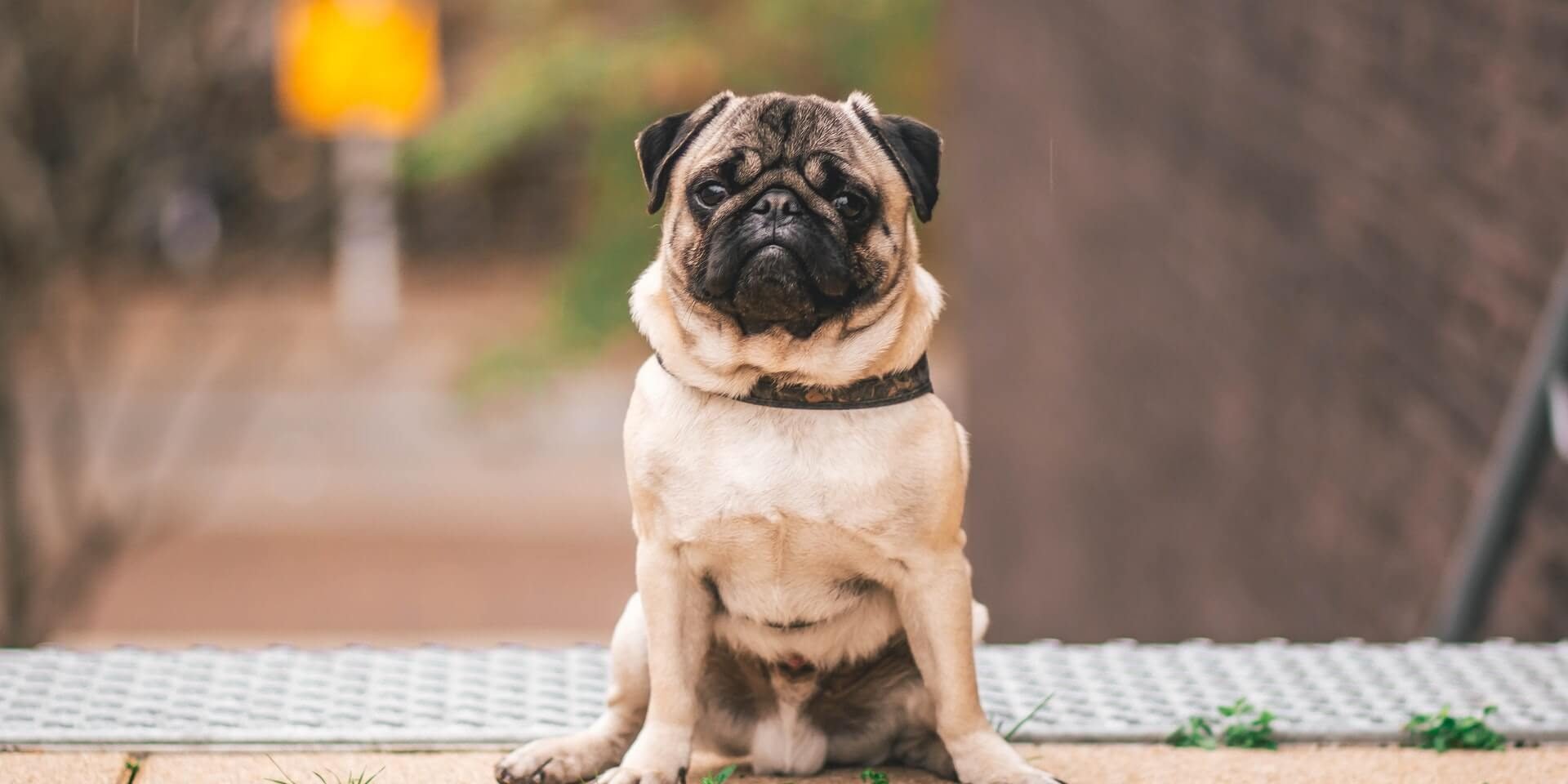Small Service Dogs: Benefits and 6 Best Breeds
Small dog breeds are mostly considered for companionship and not as service dogs. But small service dogs can offer more help than you can imagine. You only need to find a suitable breed for your needs.
Perhaps your ideal service dog or Life Buddy is smaller than you thought. Discover the benefits of small service dogs, ideal breeds, and the tasks these tiny heroes can take up.
The Benefits of Having a Small Service Dog
The most obvious benefit of small service dogs is their size. Since you need to have a service dog with you at all times, an easy-to-carry breed will save you a lot of headaches. But, there’s more to these tiny breeds than their size.
Affordable and Easily Accessible Food
Veterans who own small service dog breeds don’t have to worry about the feeding costs. A smaller dog means smaller portions. So, a bag of dog food can last you much longer than with larger breeds.
Small Service Dogs Are Not As Scary As Bigger Breeds
Taking a large service dog might get you unwanted attention and stares. However, a small service dog is more likely to blend in.
Faster to Teach
Don’t underestimate the intellect of small service dogs. With a qualified trainer, you can easily train your small service dog for a variety of tasks.
Whether you qualify for a service dog or not, the Life Buddy program can turn your dog into a companion like no other. While Life Buddies aren’t official service dogs, they can perform necessary tasks that make life more comfortable for Veterans.
Easy to Care For
It’s easy to forget that service dogs aren’t on duty at all times. And just like all dogs, they need exercise.
With a small service dog, you won’t go through much hassle in exercising it or cleaning it up. So, if the thought of taking your service dog on long walks doesn’t appeal to you, a small breed may be better for you.
More Affordable Gear
Smaller dog breeds need smaller vests, smaller harnesses, and smaller kennels. All of which cost less. This is another way having a small service dog can save you money.
They Take Up Less Space
With a smaller breed, you don’t need to get into a bigger house because of your service dog. A small service dog won’t also take up space for other people or objects. In contrast, you might have to free up space to accommodate a bigger service dog.
Lower Veterinary Bills
High veterinary bills often scare people away from getting service dogs. However, getting a small service dog breed saves money on vet bills. This is because smaller dog breeds are easier to care for.
They Live Longer
While it’s a sad fact, smaller breeds have a longer lifespan than larger dogs. So, if you want your service dog or Life Buddy by your side for longer, your chances are higher with a small breed.
6 Best Small Service Dogs for Veterans
The breed you get affects the level of service your dog can provide. Some small dog breeds are better for some tasks than others. Discover the 6 best small breeds and what task they’re traditionally associated with as service dogs.
1. Chihuahua
Chihuahua is one of the smallest service dog breeds. They also have an excellent reputation for being great watchdogs. Your Chihuahua can detect certain triggers and specific stressors. Acting as a therapy dog, a Chihuahua can let you hold it in your lap or arms as a source of comfort and care. They are also easy to train and handle.
2. Pugs
Pugs are great entertainers and good listeners. People who own pugs can attest to their excellent listening skills. They are gentle and calm and carry out their duties with a friendly demeanor. That’s why they’re also excellent with children.
3. Corgi
Looking for a protective dog breed for a small service dog? Then the Corgi should be on top of your list. Corgis are friendly, playful, loyal, and caring. Owning a Corgi means having a service dog and a playmate in one animal.
4. Toy Poodle
Poodles are pretty intelligent and very trainable. They are smart dogs and offer mental support, and can retrieve objects. Also, toy poodles can help you get over stress and anxiety disorders.
Toy poodles are the smaller breeds of Poodles, so they might be unable to help you retrieve heavy objects. However, their alertness and smartness make them a good option for small service dogs.
5. Yorkshire Terrier
The Yorkshire Terrier is a fantastic dog breed for therapy. They’re cute, intuitive, and very active dogs. They also have great personalities. Due to their small size, they might be unable to perform physical tasks. However, they are an excellent small service dog breed for medication alerts and emotional therapy.
6. Dachshund
If you’re looking for a companion and an active listener, Dachshunds is an excellent choice. This dog breed is calm and perfect for therapy. However, they may not be fond of children.
What Can A Small Service Dog Do?
Like other service dogs, small service dogs can help Veterans living with disabilities. A small service dog might be unable to push wheelchairs or pick up large objects. But, with proper training, small service dogs can carry out the following tasks:
Hearing dogs: For Veterans with hearing disabilities, smaller dog breeds can respond to sounds like alarms, doorbells, and cries. The dog can alert you by nudging or leading you to the sound. Chihuahuas and Lhasa Apsos are great examples of small hearing dog breeds.
SVT: Veterans with supraventricular tachycardia need service dogs to monitor their heart rate and raise the alarm. They can also help manage triggers, such as stress, panic attacks, and anxiety. Poodle mixes are usually trained for this function.
Diabetic alerts: Small service dogs can also monitor sugar levels and notify you when it’s time to take your medication.
Psychological conditions: Small service dogs can also help you manage PTSD, emotional distress, and other psychological issues. They’ll alert you of stressors and provide the emotional support you need.
Small Dog Breeds Make Excellent Service Dogs
Like large dog breeds, small dogs also make excellent service dogs. All they need is the right training, and you’ll have the most supportive companion.

